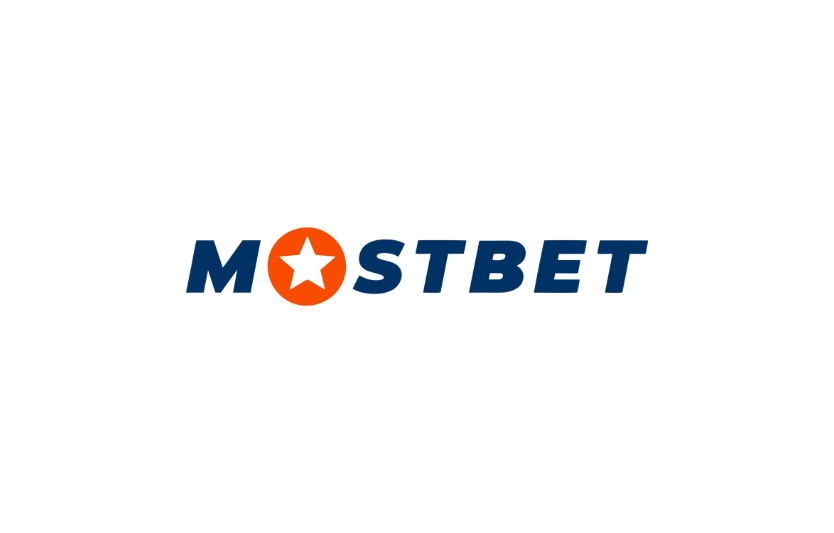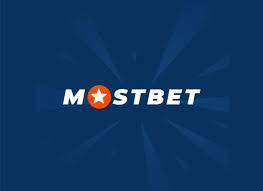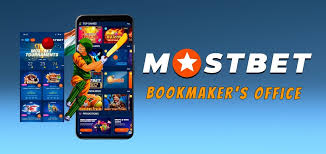
What You Need to Know for a Successful Future
In an ever-changing world, knowing what steps to take for a successful future can sometimes feel overwhelming. Whether you’re embarking on a new educational journey or planning a career move, being informed is crucial. This article will provide you with the essential knowledge you need to navigate the challenges ahead. For more resources and guidance, you can check What You Need to Know About Playing Casino Games in AZ https://edu-gov2.kz/, which offers various tools and insights aimed at enhancing your potential.
1. Importance of Education
Education is the cornerstone of personal and professional development. It not only provides you with knowledge but also fosters critical thinking, problem-solving skills, and creativity. In many industries, a higher level of education can lead to better job opportunities and higher salaries. Whether you opt for a traditional four-year university, an online degree, vocational training, or apprenticeships, choosing a path that aligns with your career goals is vital.
Types of Educational Paths
There are various educational routes you can take depending on your interests and career goals:
- Academic Degrees: These include associate, bachelor’s, master’s, and doctoral degrees in various fields.
- Vocational Training: Practical training focusing on specific trades, often leading to certification.
- Online Learning: A flexible option that allows you to learn at your own pace, perfect for working professionals.
- Apprenticeships: Programs that combine on-the-job training with classroom instruction.
2. Career Planning

Effective career planning involves setting clear goals and understanding the steps necessary to achieve them. This process requires self-assessment to determine your strengths, weaknesses, interests, and values. Start by asking yourself:
- What are my passions and interests?
- What skills do I possess, and which ones do I need to develop?
- What job markets are growing in my area of interest?
Researching potential career paths, networking with industry professionals, and seeking internships or volunteer opportunities can help you gain insights into your desired field.
Networking and Mentoring
Building a professional network is essential for career advancement. Attend industry events, join professional organizations, and connect with alumni from your educational institution. Additionally, finding a mentor can provide guidance, support, and insights that are invaluable as you navigate your career.
3. Personal Development
Personal development is an ongoing process of self-improvement. It encompasses various areas, including emotional, physical, and mental well-being. Here are some strategies to facilitate personal growth:
- Set Personal Goals: Define what you want to achieve in different areas of your life.
- Read Regularly: Books provide insights and knowledge, helping to broaden your perspective.
- Stay Physically Active: Regular exercise enhances mental health and boosts energy levels.
- Practice Mindfulness: Techniques such as meditation can help manage stress and improve focus.
4. Financial Literacy

Understanding finances is crucial for a successful future. Financial literacy encompasses budgeting, saving, investing, and understanding credit. Here are some fundamental concepts to grasp:
- Budgeting: Track your income and expenses to make informed financial decisions.
- Saving: Set aside funds for emergencies and future investments.
- Investing: Learn about various investment options to grow your wealth over time.
- Credit Management: Understand how credit scores work and the importance of maintaining a good credit rating.
5. Adaptability and Lifelong Learning
In today’s fast-paced world, being adaptable is more important than ever. Industries evolve, technologies change, and job roles transform. Embrace a mindset of lifelong learning to keep your skills relevant. Seek out courses, workshops, webinars, and other learning opportunities that can help you stay ahead of the curve.
Embracing Change
Learning to embrace change rather than fearing it can set you apart in your career. Being open to new ideas and experiences makes you a more attractive candidate in the job market. It also allows you to thrive in diverse working environments.
Conclusion
Having the right knowledge and resources is crucial for building a successful future. By focusing on education, career planning, personal development, financial literacy, and adaptability, you will position yourself for success in a competitive world. Stay informed, remain proactive, and most importantly, never stop learning. As you navigate your path, remember that every step you take is a step toward realizing your potential.
